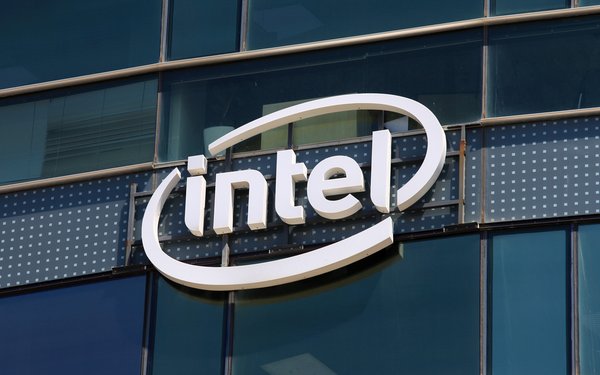
The pursuit to bring self-driving cars to market
just received a multi-billion-dollar boost.
Intel has agreed to acquire Mobileye for $15 billion cash in an effort to accelerate its pursuit of autonomous vehicles. The acquisition is expected
to close within the year, according to Intel.
Along with the deal, Mobileye will join and head Intel’s Automated Driving Group organization in Israel, which was developed last Fall.
“We believe this combination will accelerate this auto industry innovation by delivering the world-class edge-to-edge solutions at a much lower cost, faster time to market, and complete
single solution that our customers are asking for,” Intel CEO Brian Krzanich said on a call to investors about the acquisition.
“We see the world coming together in this virtuous
cycle of growth where the things that are down at the bottom there in the circle are connected through connectivity and that could be Wi-Fi and 3G and 5G, through to the cloud, the cloud is where the
analytics occur,” Krzanich said.
The plan appears to be to develop an end-to-end solution that enables widespread creation of vehicles ranging from moderately autonomous to fully
self-driving.
Mobileye’s hardware and software can detect road markings and identify and read traffic signs, traffic lights and directional signs.
Other capabilities include
analyzing a visual field to anticipate potential collisions with humans, vehicles and other kinds of obstacles, as well as create a map of drivable paths for autonomous vehicles, according to
Intel.
Mobileye has deals with automakers to enable the crowd-sourcing of data collected from obstacle avoidance and other systems in vehicles to create detailed driving maps for autonomous
vehicles.
This crowd-sourcing of driving environment data will begin next year, according to Amnon Shashua, co-founder, chief technology officer and chairman of Mobileye.
“That
portfolio includes a front-facing camera processing, it includes multiple cameras, surround camera processing, sensor fusion, mapping,” Shashua said on the call to investors. “We
established a number of deals with the automakers and mapmakers to enable crowdsourcing of this kind of data starting from 2018,” he said.
Mobileye currently has ADAS (advanced driver
assist systems) in vehicles from 27 automakers around the world.
A spokesperson for Mobileye told the IoT Daily that five of those systems operate at level 3 autonomy and the company
has ‘significant partnerships for next level Autonomous Vehicles, including with BMW and Delphi.’
However, when it comes to consumer sentiment toward and potential adoption of
self-driving cars, a recent study found the market has some time, as the IoT Daily recently reported (Consumers Hardly Enthusiastic About Self-Driving Cars).
That study,
which comprised a survey of 3,000 drivers, found that only 5% plan to purchase a self-driving car as soon as possible and almost half (45%) said they need more information before making a
decision.
By 2030, the market opportunity for the various systems, services and associated data needed for autonomous vehicles to reach $70 billion, according to Intel. In four years, 4,000
gigabytes of data will be generated per day by autonomous vehicles.